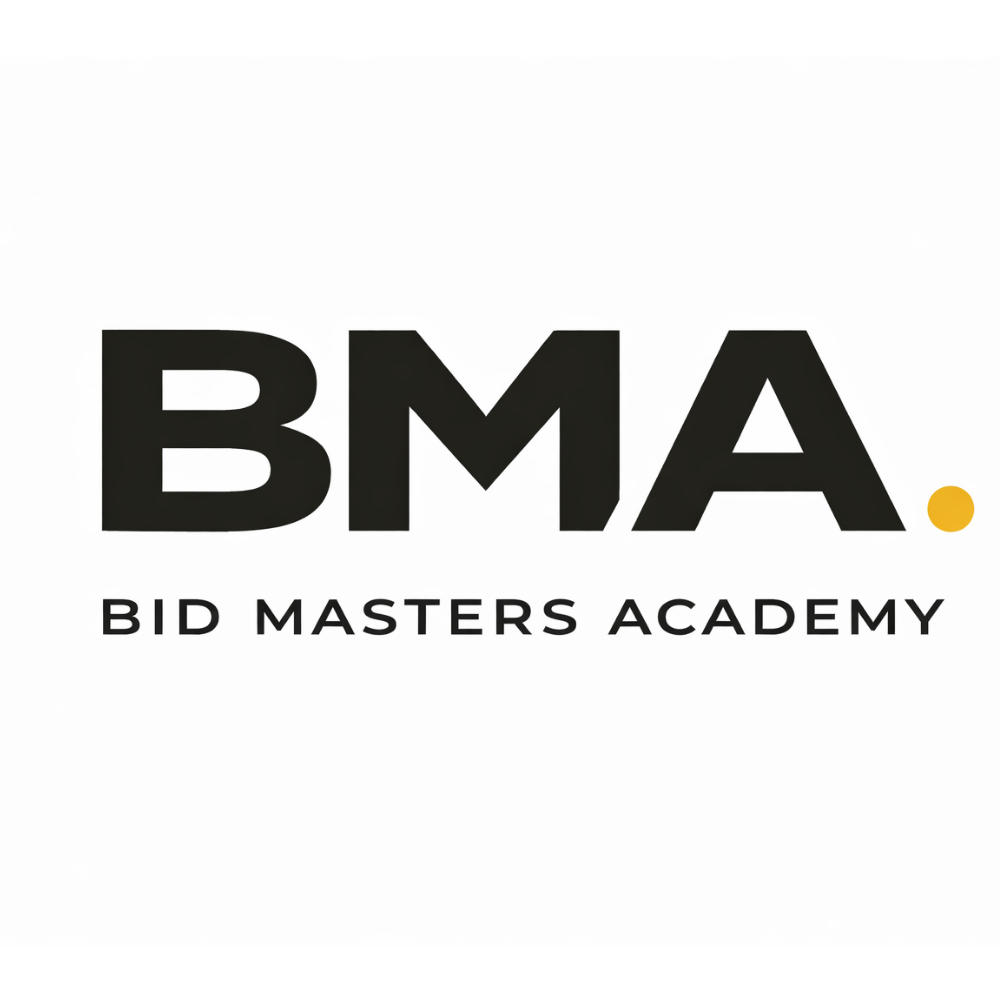In today’s competitive business landscape, winning contracts through effective bid writing is crucial for small and medium-sized enterprises (SMEs). A well-crafted bid can open doors to lucrative opportunities and drive business growth. However, many SMEs struggle with the complexities of bid writing, leading to missed opportunities. In this blog, we’ll share practical tips to help your SME write winning bids with confidence.
1. Understand the Client’s Needs
The foundation of any successful bid is a deep understanding of the client’s requirements. Before starting your bid, take the time to thoroughly research the buyer and their objectives. Review the tender documents, specification, and evaluation criteria carefully. It’s essential to align your proposal with what the client is looking for and address their specific pain points.
Tip: Don’t just focus on what your company offers. Highlight how your solution specifically solves the client’s problems. Tailor each bid to reflect the client’s unique needs.
2. Structure Your Bid for Clarity and Impact
A clear and logical structure is key to a successful bid. Buyers typically review many submissions, so your proposal must be easy to navigate. Organize your bid into clear sections such as an executive summary, technical response, and pricing information. Use headings, bullet points, and concise paragraphs to break up the content.
Tip: Start with a compelling executive summary that captures the essence of your solution. This will help grab the reader’s attention and set a positive tone for the rest of your bid.
3. Highlight Your Unique Selling Points (USPs)
In a competitive market, it’s crucial to differentiate your business. Highlight your unique selling points (USPs) and explain why your SME is the best choice for the contract. Whether it’s your company’s innovative approach, specialised expertise, or commitment to sustainability, make sure these factors stand out.
Tip: Avoid generic statements. Be specific about what makes your business different and how this benefits the client. Use real examples to demonstrate your USPs.
4. Back Up Claims with Evidence
One of the most common mistakes SMEs make is failing to provide sufficient evidence to back up their claims. Buyers want to see proof that you can deliver on your promises. Include case studies, testimonials, and performance data that demonstrate your past successes and capabilities.
Tip: Use measurable data wherever possible. For example, instead of saying you delivered a project “on time,” say you delivered it “two weeks ahead of schedule,” and back this up with client feedback.
5. Proofread and Review
Even the best-written bids can be undermined by spelling mistakes, formatting errors, or unclear language. A poorly presented bid can give the impression of a lack of attention to detail. Before submitting your bid, make sure it’s thoroughly proofread and reviewed by a second pair of eyes.
Tip: Consider using a professional bid consultancy to review your bid. Expert feedback can help ensure your proposal is polished and ready for submission.
Focus on Winning Strategies
Bid writing is an essential skill for SMEs aiming to win contracts and grow their business. By understanding the client’s needs, structuring your bid effectively, and providing compelling evidence, you can significantly improve your chances of success. If bid writing feels overwhelming or time-consuming, consider partnering with a professional bid consultancy like ours. We can help you craft winning bids that showcase your strengths and increase your chances of securing contracts.




